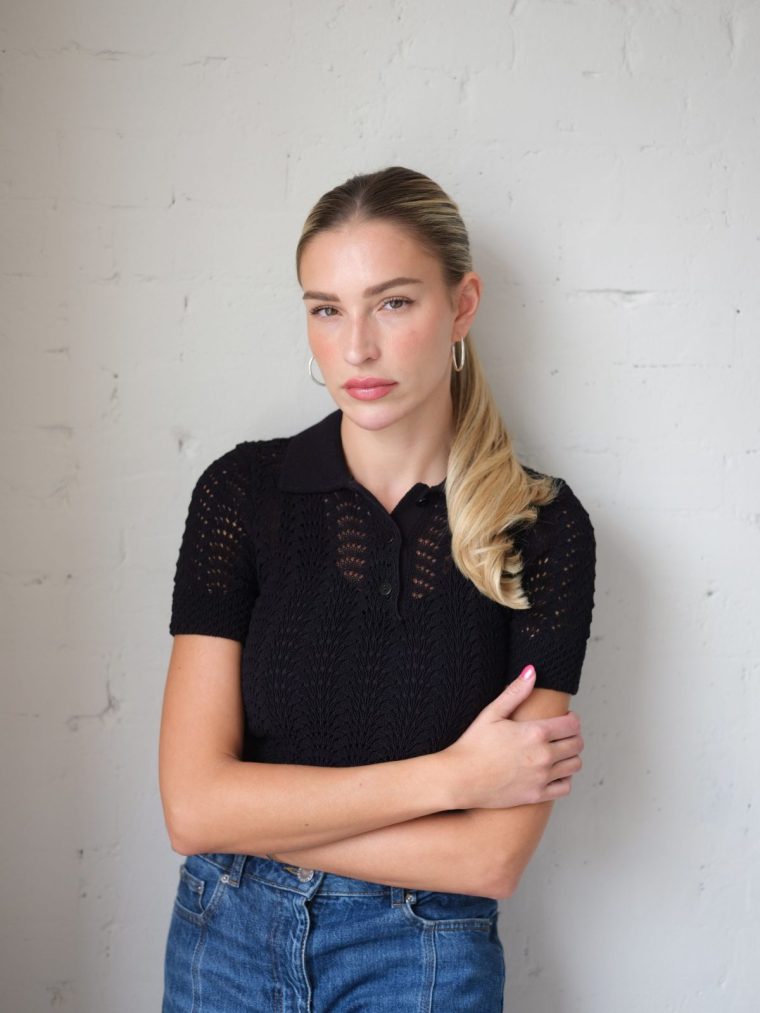Zara McDermott’s *To Catch A Stalker* Reveals the Chilling Rise of a Modern Crime
In March 2022, a man responded to a job advert posted by recruitment consultant Jen. In the weeks that followed, he began to text her. It was the beginning of a nightmare that continues to this day.
Three years – and thousands of messages and voice notes – later, Jen is terrified at the forthcoming release of her stalker from prison, the third sentence he has served for harassing her. Last time, he called her within two hours of being released. During a police safeguarding meeting, she confesses to sleeping with a kitchen knife: “I’m on high alert. My head is totally fuzzy, and I’m just panicking. My whole body is shaking.”
Jen’s story – told in Zara McDermott’s two-part BBC documentary To Catch A Stalker – may be uncommon in that her stalker is a stranger (three-quarters of cases are former partners), but stalking is on the rise in the UK. As the most prolific of the Love Islanders-turned-documentarians, this is a topic that makes sense for McDermott, given the demographic of her fan base. Indeed, some of the women interviewed responded to a social media call-out, and all clearly feel comfortable opening up to her even in their lowest moments.
Read Next: Squid Game season three’s giant twist can’t save it
If the title suggests a “To Catch A Predator” style undercover operation, that is misleading (although McDermott does accompany the Met’s Public Protection Unit on an arrest attempt). Her focus is rightly on understanding the impact of stalking on victims, speaking to brave women, whose cases are active and ongoing, about the enormous toll that this crime takes.
These women have moved home and changed jobs, phone numbers and cars to avoid being found. They no longer socialise and barely leave the house. 20-year-old Isabel has moved six times with her young son in an attempt to escape her former partner. Police dropped her case, so her only support is from a charity that helps rehome her and provides alarms, locks and escape plans.
For Laura, her ex being convicted of stalking has not helped matters. As he serves a suspended sentence, she repeatedly catches someone watching her home on her Ring doorbell and is followed to the supermarket.
Although we see several stages of the often frustrating justice process – an arrest, interviews with victims, evidence gathered and preparation for court – what stands out is that convictions and even prison sentences don’t seem to act as a deterrent to the perpetrators of this type of crime, one fuelled by fixation and obsession.

Ultimately, McDermott does not do much here other than listen, but that still feels important, given how difficult these women find it to prove what is happening to them and to be believed. All of them speak to the psychological torment of being stalked: the relentless and endless violations of unwanted contact, the manipulation contained within the messages, and the creepiness of the faux intimacy.
Their mental and physical health has disintegrated as their lives have become totally dominated. All firmly believe that if their stalkers are not stopped, violence is inevitable – they are convinced they will end up dead. By the end of the episode, Jen’s stalker has been moved to a mental health facility and is set to be moved again to a location just 20 minutes away from her home. “I can’t exist,” she says, confessing she anticipates being attacked.
To Catch A Stalker is not a documentary that probes the root causes of this crime nor especially challenges the systemic issues around serving justice, but it effectively and empathetically captures the inordinate, long-lasting damage that stalkers cause their victims.
To Catch a Stalker is available to stream on BBC iPlayer
Comments
Post a Comment